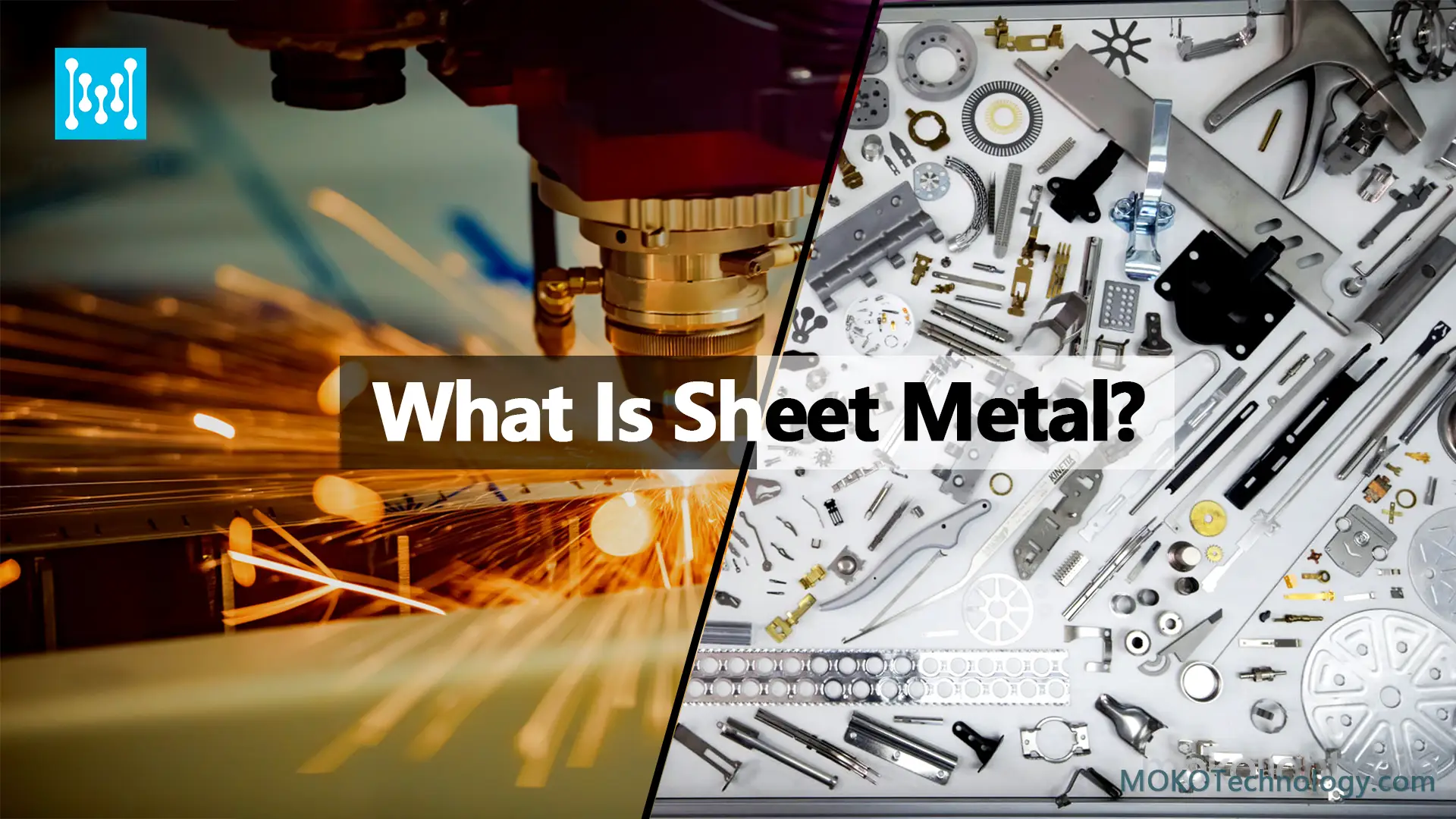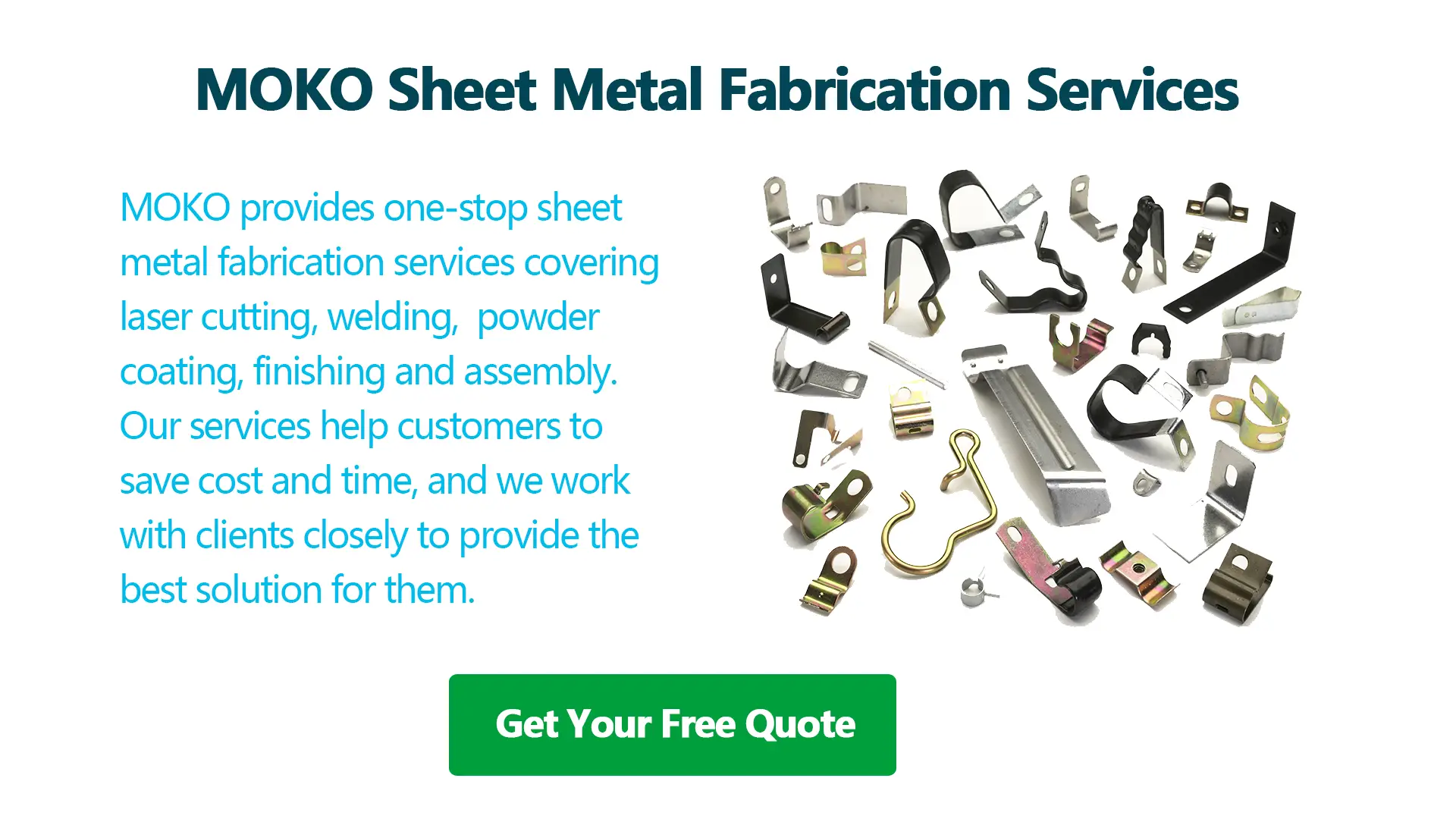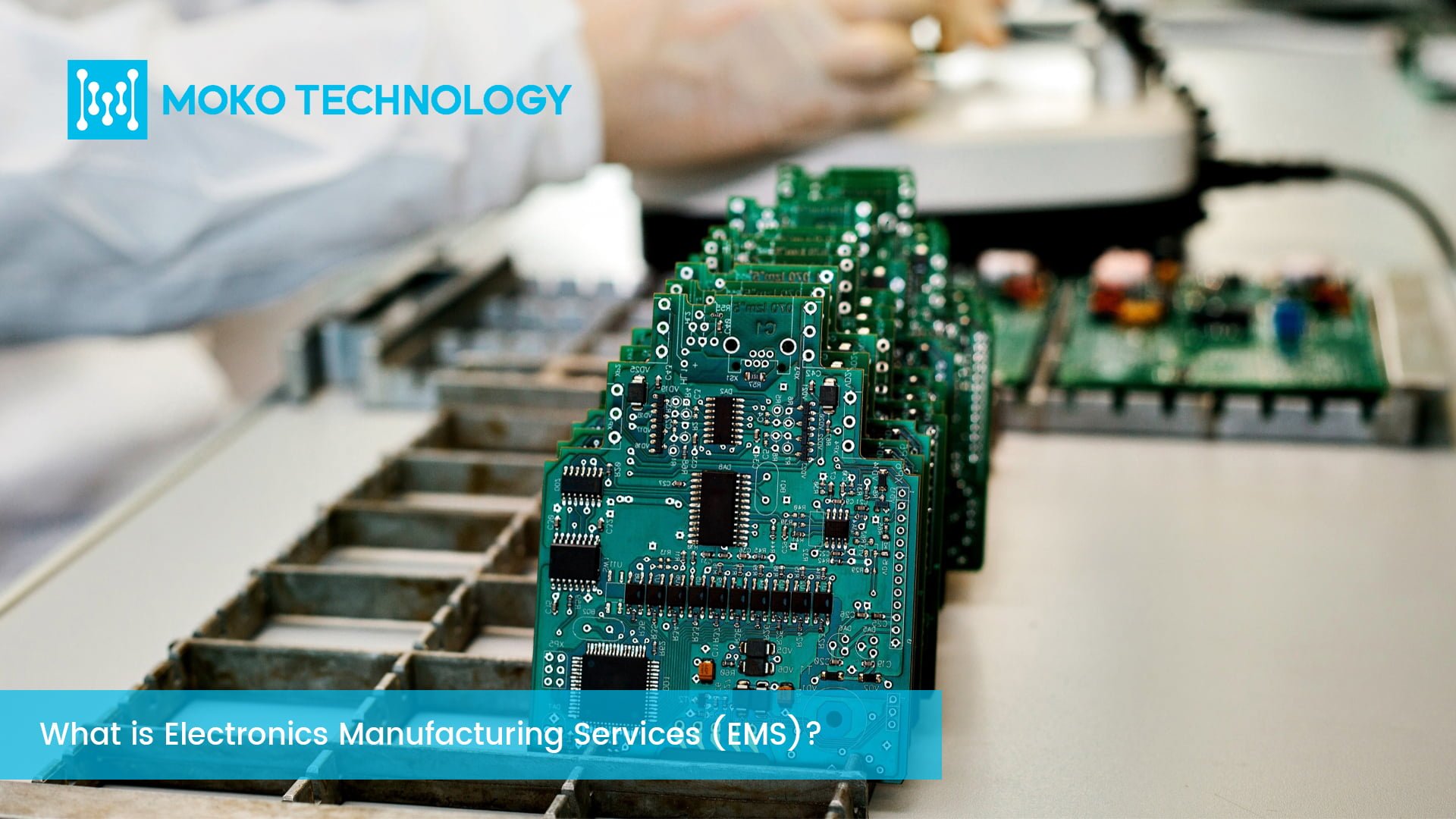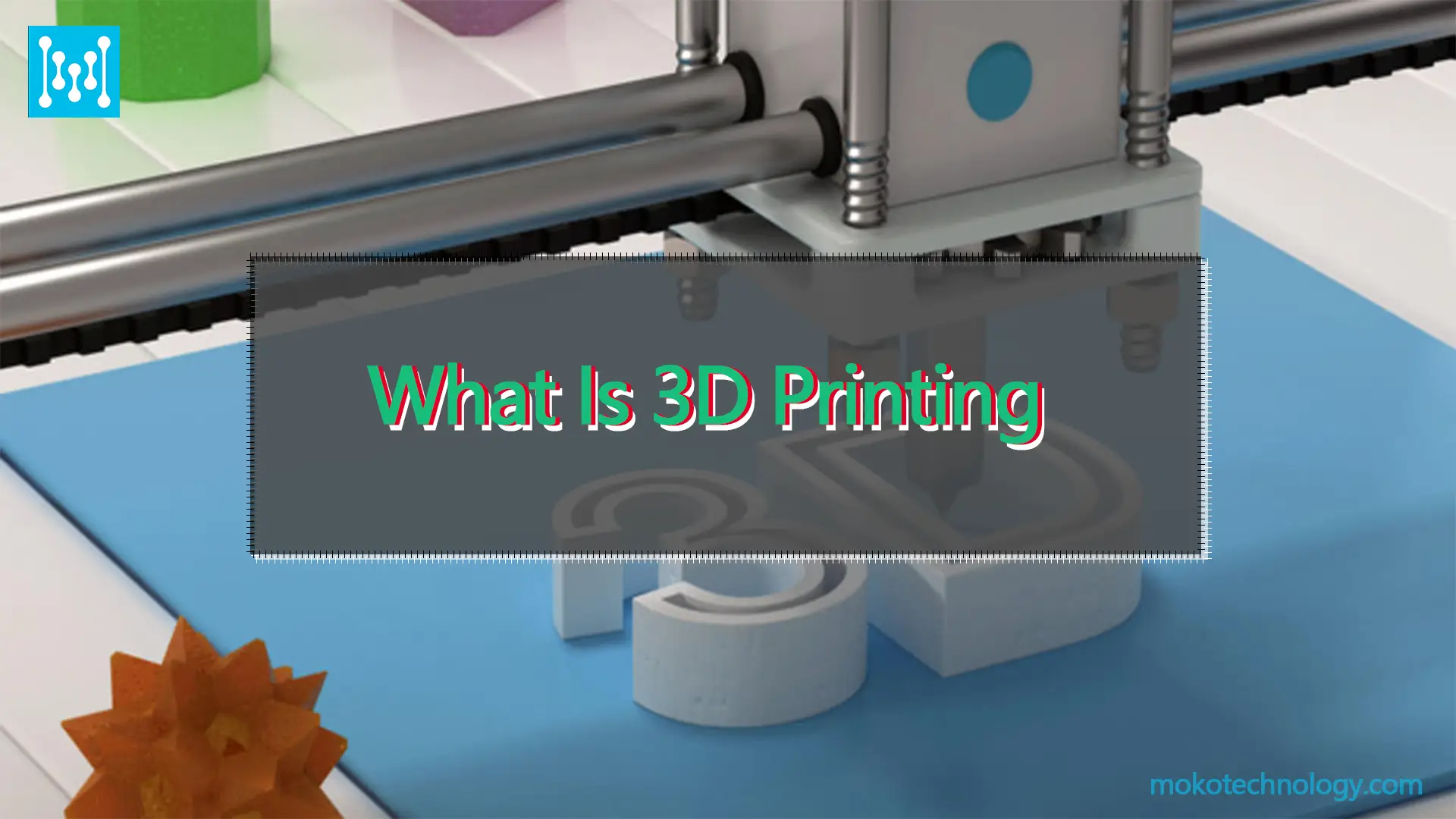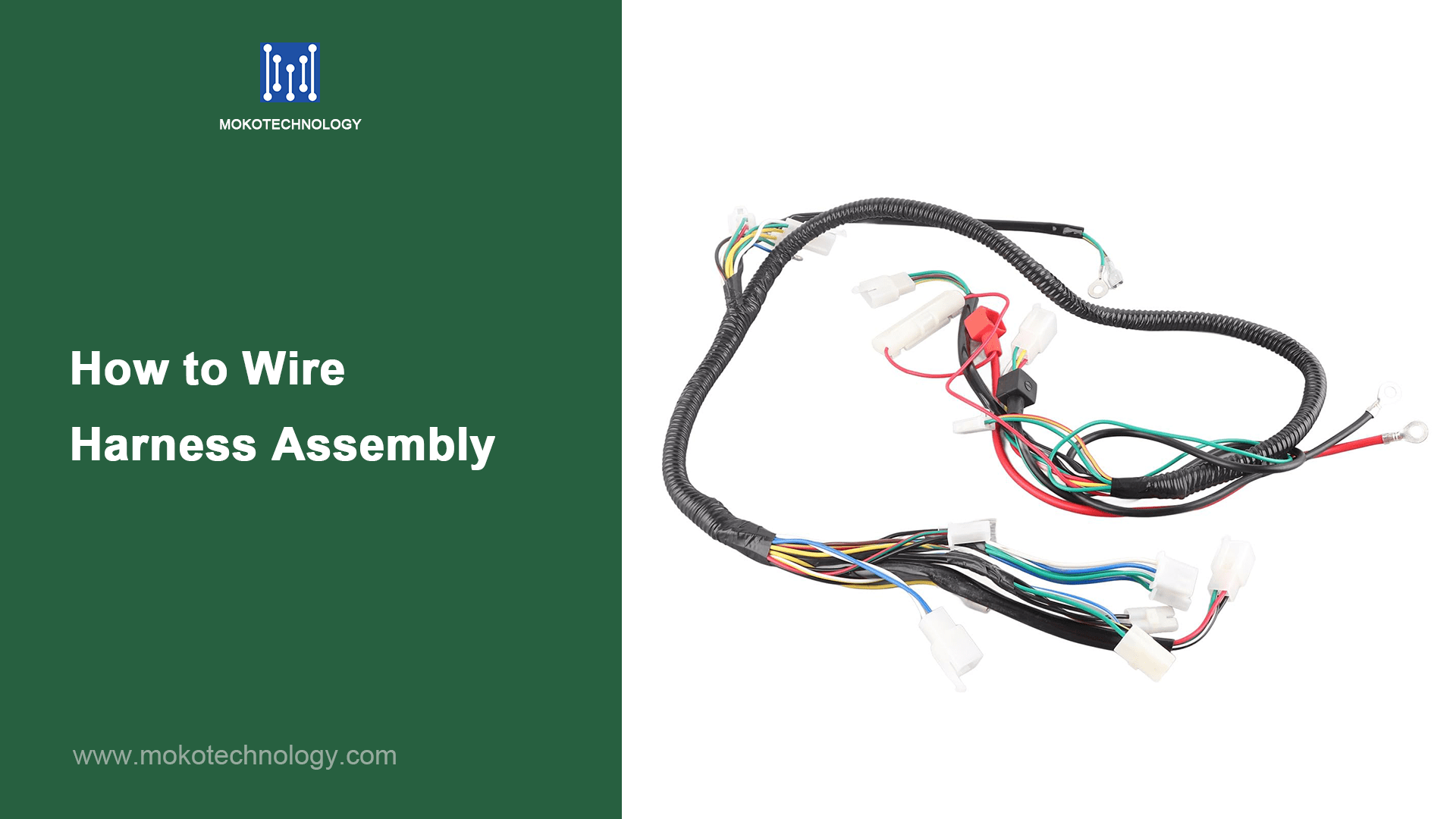Sheet metal refers to thin, flat metal pieces made by an industrial process, which is one of the basic forms of metal processing. It is used in a variety of industries such as construction, automotive, medical and healthcare, industrial, etc. It can be crafted from a variety of metals including aluminum, steel, brass, copper, tin, and nickel. Its thickness varies according to different uses. When it is made into extremely thin metal, it is called foil or sheet, and when its thickness is greater than 6mm, it is called plate steel or “structural steel”.
It offers great convenience for designers thanks to its malleability, durability, and tensile strength. In this guide, we will focus on the types, applications, and advantages of sheet metal, just spend 3 minutes reading it and you will have a comprehensive understanding of it.
Types of Sheet Metal
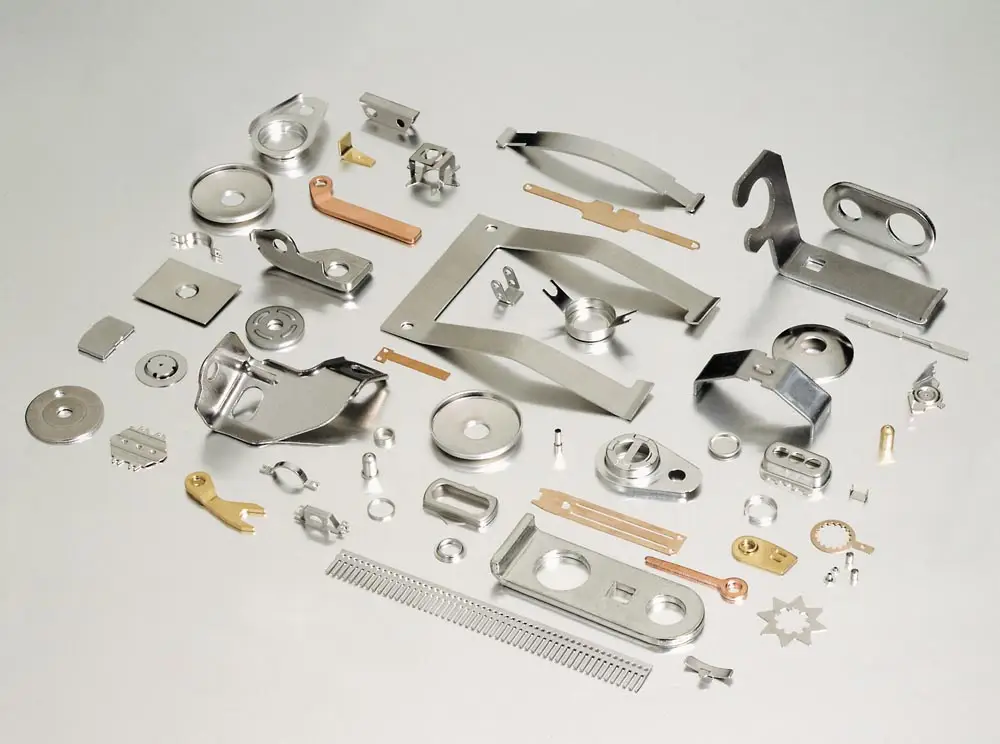
Alloy Steel
Alloy steel, as the name suggests, is made of various materials to achieve different properties. It has the advantages of versatility and high cost performance. Its main component is carbon steel. In order to increase the strength, manufacturers would add components such as vanadium and nickel; in order to improve the rigidity, they add components such as chromium, manganese, and tungsten.
Stainless Steel
It is perfect for making products for use in moist environments, as it contains chromium, which reduces moisture-induced corrosion significantly. Therefore, from kitchen sinks to buildings, stainless steel sheet metal are widely used as it helps to prolong the life of products or structure thanks to its corrosion-resistance capacity.
Carbon Steel
Its main components contain iron and carbon, and manufacturers can choose from low, medium, or high carbon steels based on different applications. Steel with low carbon content is featured with high versatility, which is commonly used in everyday objects. Medium carbon steel is ideal for making automobiles and appliances. While the high carbon steel is very fragile, so it is commonly used to make delicate products like wires.
Tool Steel
This kind of sheet metal has wide applications, and contains about 1% carbon. The types and proportions of elements contained in tool steels vary depending on the application. It has great resistance to abrasion, what’s more, it also works well in extreme temperatures. Its properties make it an ideal material for making tools like blades and hammers.
Galvanized Steel
There are two types of galvanized steel, one is electro-galvanized sheets and the other is hot-dipped metallic-coated sheets. Electro-galvanized sheets are made up of cold-rolled annealed steel that is covered with a pure zinc coating, while the latter one is covered with a mixture of pure zinc and an iron-zinc alloy. The latter one is more corrosion-resistant, and the costs of it is also lower.
Aluminum
Aluminum sheet metal is suitable for making products lightweight, and it has good corrosion resistance even without surface treatment. What’s more, it is strong enough for different processing including laser cutting, welding, and machining. To meet different application requirements, aluminum is classified into several grades: Grade 1100, Grade 3003, Grade 5052, and Grade 6061. They have different properties, for example, Grade 1100 has lower strength but it has good chemical and weather resistance. Grade 5052 is stronger and formable, and Grade 6061 is corrosion-resistant and strong, but not formable.
Copper
This type of sheet metal is normally used in applications where electricity has to be transferred to the workpiece easily such as some resistance welding equipment or battery systems. In addition, it is also widely used in domestic appliances and construction due to its high electrical conductivity, malleability, and superior aesthetic qualities.
Applications of Sheet Metal
Automotive
Sheet metal can be used to fabricate or repair vehicles, and normally, people tend to use steel as the material as it is affordable and can be easily crafted into required shapes. Sheet metal used in the automotive industry must be manufactured of high quality, following stringent standards to ensure driving safety.
Medical and Healthcare
Sheet metal plays an important role in manufacturing medical equipment and devices, especially stainless steel that is strong, corrosion-resistant, and rust-proof. As we all know, when it comes to medical equipment, all involved parts and products must meet the high hygienic requirement. In addition, the equipment has to be extremely reliable to get optimum robustness, applicability, and functionality. In the medical and healthcare sector, it is commonly used to make products like ward furniture, reclining beds and chairs, x-ray and scanning equipment.
Construction
Sheet metal is very popular in the construction industry as it’s strong and durable. It can be used to fabricate roofing, office buildings, fences, staircases, and so on. What’s more, it can be used to create a prefabricated metal building, which is designed in a setup factory and ready-to-erection.
Agriculture
Many machines and tools used in agriculture are made of sheet metal because they must be able to withstand heat, humidity, and extreme weather. Its strength and durability can withstand all unfavorable factors in the operating environment of the machine to ensure the normal operation of these machines.
Electrical
We can find products made of sheet metal easily in the electrical industry, from gaming systems, and lighting solutions to power generation, domestic appliances like air conditioners, and so on. At MOKO, we not only manufacture, but also provide many other services for these products including assembly, testing, delivery, and after-market service.
The Advantages of Sheet Metal
Malleability
Sheet metal has great malleability, it can be fabricated with different shapes without affecting its features and structural integrity. If you want to change the shape of it, just bend the part in different places to make a new shape. But for other materials, you have to open a new mold to create other shapes, which is much more expensive and time-consuming. Hence, it is ideal for custom and highly specialized applications.
Strength and Durability
Compare to other materials like plastic, sheet metal is more strong and more durable. Its raw materials like aluminum and stainless steel can withstand high pressure, heat, corrosion, and wear and tear. More importantly, they have a longer lifespan, products made with sheet metal can keep the same shape even after a long time of use.
Replaceability
Another advantage of sheet metal is replaceability. We can assemble several metal parts instead of using just one piece to make the whole part, which offers great convenience when we need to repair or replace some components as we don’t need to replace the entire part. Therefore, using sheet metal during manufacturing can save costs on repair and is helpful when we need to do upgrades or modifications.
Sustainability
Metal is the most sustainable material that can be recycled indefinitely and reused, so manufacturing by using sheet metal is an environmental-friendly and economically option. Though plastic can be reused as well, its recycling ability is limited. Also, it’s not easy to dispose plastic safely.
Cost-Effectiveness
There are more and more manufacturers choose to sheet metal instead of using cast or molded parts because they find out that it is more cost-effective. On the one hand, sheet metal is more durable and supports long-time use, while other materials may have lower unit prices, but the frequent changes and replacements make the cost even higher. On the other hand, tooling costs of other materials are very expensive, hence, sheet metal is a more cost-effective choice.
Partner with MOKO Technology
When you have projects that require to use sheet metal, you need to consider many factors such as the type, the design, and the cost. It’s not an easy job to make the right decision, so if you lack expertise, working with an expert like MOKO Technology would be your best option.
Availing of our extensive project experience, you can always get the most suitable sheet metal manufacturing solution. We utilize state-of-the-art equipment to make superior products, our engineers would work with you throughout the entire process, from designing to manufacturing and technical support, making sure everything just goes right. We specialize in kinds of sheet metal manufacturing processes including cutting, stamping, and tipping. To get more details, you can just contact us to talk with our experts.
